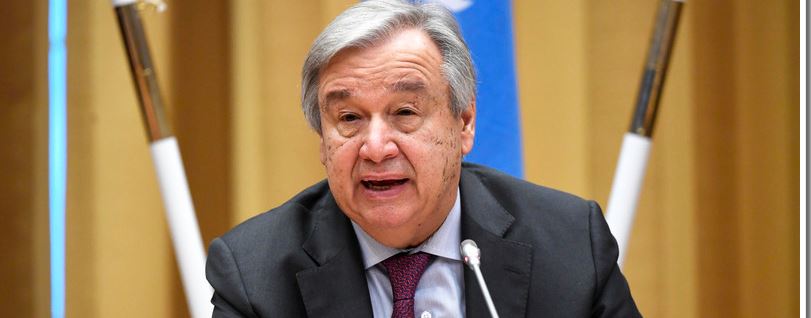![A healthcare worker receives a Johnson& Johnson vaccine in South Africa [AFP]](https://liberties.aljazeera.com/resources/uploads/2021/09/1631099327.jpg)
A healthcare worker receives a Johnson& Johnson vaccine in South Africa [AFP]
A debate has been sparked in South Africa on whether employers can require employees to vaccinate as a matter of mandatory policy.
The debate was triggered partly after the medical scheme administrator Discovery announced its intent to move to a mandatory vaccination policy from 1 January 2022.
According to the South African Medical Research Council there has been more than 220,000 ‘excess deaths’ in South Africa due to Covid-19 since May 2020.
Pierre de Vos, professor of Constitutional Law at the University of Cape Town supports the idea of mandatory vaccinations. He suggests that legislation could require individuals to be vaccinated to be able to perform certain high-risk jobs or to take part in high-risk or super-spreader activities.
De Vos writes: ‘Such legislation could, for argument’s sake, require health workers, teachers and lecturers, public transport workers, people employed in the service industry or in retail, and government employees serving the public, to be vaccinated.’
According to de Vos mandatory vaccine requirements could meet the ‘reasonableness’ test set by the Constitution according to which rights can only be infringed if doing so would be reasonable.
Speaking to Al Jazeera independent advocate Ben Winks says ‘I believe associations can dismiss, expel or refuse entry to unvaccinated people but the State simply cannot decree that everyone must be vaccinated. Associations will be bound by their constitutions, whereas employers will be bound by the Labour Relations Act. This will mean that a dismissing someone who refuses to get vaccinated will be a retrenchment.’
Invading individual freedom
Some however are of the view that mandatory vaccines exceed the extent to which the state can invade on individual freedom.
Herman Pretorius, head of the Head of Strategic Initiatives at the Institute for Race Relations said to Al Jazeera: ‘I find it difficult to reconcile mandatory vaccines with a free society. Measures such as masks, social distancing and increased hygiene measures fall significantly on the spectrum of temporary suspensions of usual freedoms. But forcing people to inject a substance can only be considered an extreme invasion of the individual’s life, body and privacy.’
Constitutional Court
De Vos adds that if government chooses to take measures to persuade the vast majority of South Africans to vaccinate ‘it has a wide array of constitutionally valid options at its disposal to persuade individuals to act in the public interest and not in their narrow self-interest.’
Many are of the view that the Constitutional Court will have to give guidance on the matter. South African-based public health lawyer Safura Karim said to Al Jazeera: ‘Previous court cases have prioritised addressing the pandemic over rights such as the right to religion so it is very likely that a vaccine mandate would be upheld by the High Courts and Supreme Court of Appeal. The Constitutional Court has however never given a judgement related to the issue of Covid 19 versus individual rights so it is possible that it could take a different approach.”
- Most Viewed
- Most Popular

















